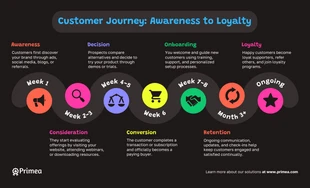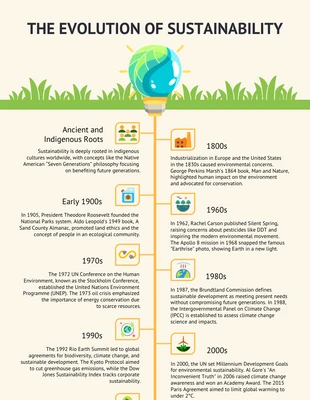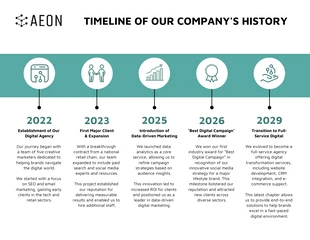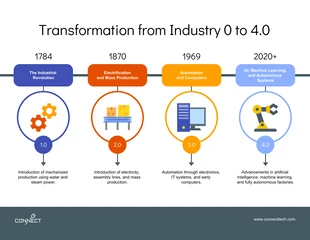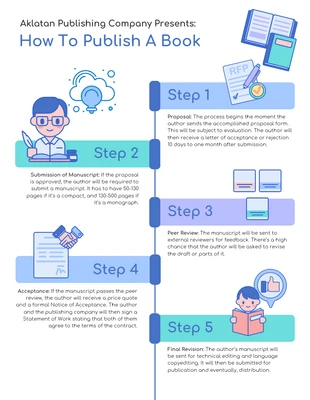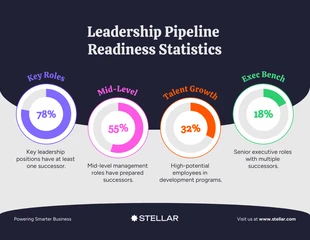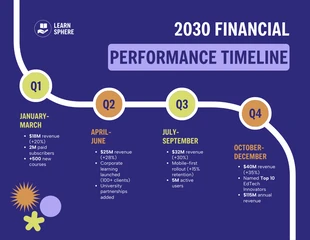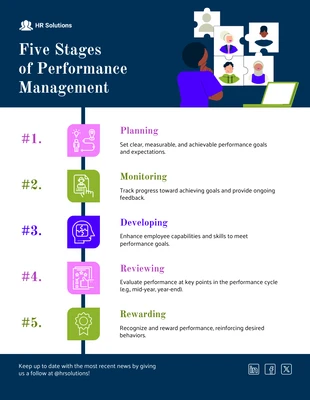
Pipeline Infographic Template
Demonstrate your project's milestones, flesh out timelines, and identify deliverables with this practical pipeline infographic.
100% customizable templates
Millions of photos, icons, charts and graphics
AI-powered editing features
Effortlessly share, download, embed and publish
Easily generate QR codes for your designs
- Design stylefun
- Colorslight, vibrant
- SizeCustom (830 x 1645 px)
- File typePNG, PDF, PowerPoint
- Planfree
Pipeline management is the process of organizing and tracking prospects, goals, and quotas to understand which deals need special attention. Effective pipeline management enables salespeople to keep track of sales by knowing exactly which stage the agreement is in. It also lets them know whether there are enough deals on board to hit goals and quotas. The critical components of effective pipeline management are organization, tracking, and analysis. Organization. Deals should be organized by stage (e.g., lead, opportunity, won/lost), and each step should have a set of criteria to meet before progressing to the next phase. Doing this will help salespeople track where each deal is in the process and identify any potential roadblocks. Tracking. Deals must be followed by the customer, product, amount, and other relevant factors to measure how the business performs against specific goals and quotas. Analysis. Sales managers should analyze pipeline data regularly to identify any trends (positive or negative) and make necessary changes to improve results. Pipeline management enhances outcomes by recognizing tendencies and making the required modifications. It also makes it easy for businesses to



